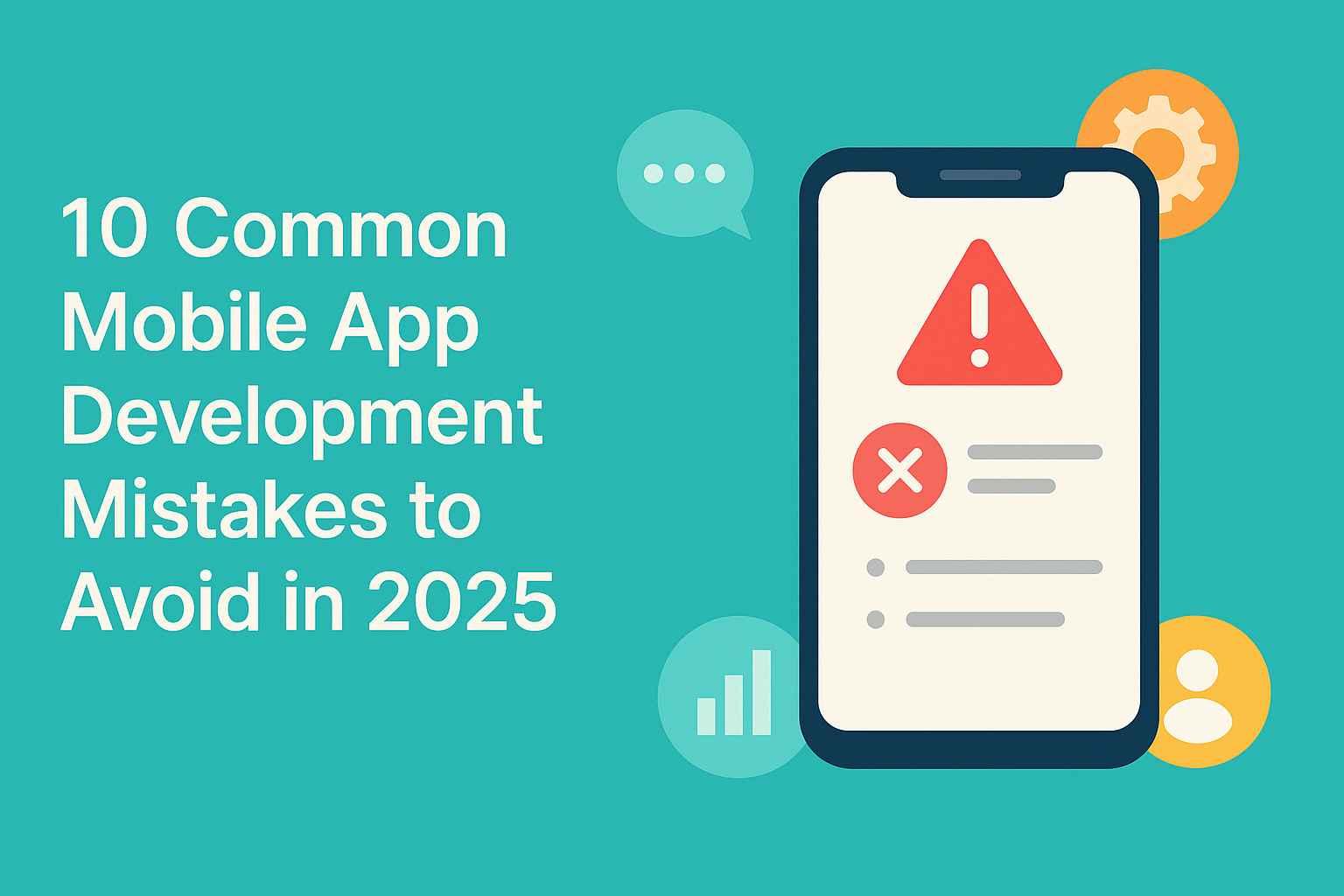The Ethics of Insurance Claim Investigations: Fairness or Intrusion

Insurance plays a crucial role in modern society. It offers financial protection and peace of mind against life’s unpredictable risks, from car accidents and natural disasters to health emergencies and workplace injuries.
However, when claims are filed, insurers must ensure they are legitimate before paying out compensation. This process often involves claim investigations, which can be thorough and invasive. The ethical challenge arises when insurers must balance protecting against fraud with respecting the privacy and dignity of claimants. This tension lies at the heart of the question: Are insurance claim investigations a matter of fairness, or do they cross the line into intrusion?
The Necessity of Claim Investigations
From the insurer’s perspective, insurance claim investigation are a matter of fairness and fiduciary responsibility. Insurance fraud is a genuine and costly problem. According to the Coalition Against Insurance Fraud, fraud costs the U.S. insurance industry over $300 billion annually.
These losses ultimately affect policyholders through higher premiums and reduced benefits. To prevent this, insurers are obligated to verify the accuracy of claims, ensuring that compensation is provided only to those who truly qualify.
Investigations may involve gathering documentation, interviewing witnesses, reviewing medical records, or even conducting surveillance in some cases. These steps can reveal inconsistencies, exaggerations, or outright fabrications that would otherwise go unnoticed. In this sense, claim investigations are not only fair but essential for maintaining the integrity of the insurance system.
Without them, honest policyholders would shoulder the financial burden of fraudsters, undermining public trust in the entire system. Thus, from an ethical standpoint, investigations uphold distributive justice, ensuring that resources are allocated based on legitimate need rather than deceit.
The Privacy Dilemma
Despite their importance, insurance claim investigations raise serious ethical questions about privacy, consent, and proportionality. When investigations extend beyond reasonable verification into personal surveillance or invasive questioning, they can infringe on a claimant’s dignity and autonomy.
Consider a case where an insurer hires private investigators to follow a claimant suspected of exaggerating a back injury. The investigator records the claimant lifting groceries or playing with their child, activities that are later used to deny benefits.
While such surveillance may be legally permissible, it raises ethical concerns. Context matters: a person with a back injury may still perform occasional light activities, but that does not necessarily mean they are capable of full employment or pain-free movement. Selective evidence gathering can distort reality and unfairly harm the claimant.
Moreover, the psychological impact of being watched, often without knowledge or consent, can be profound. Claimants may feel violated, anxious, or mistrustful of the system meant to protect them. This erosion of trust undermines the social contract between insurer and insured.
Informed Consent and Transparency
Ethical practice in claim investigations should rest on informed consent and transparency. While insurers have a right to investigate, claimants also have a right to know what information is being collected, how it will be used, and who will have access to it. Unfortunately, many claimants are unaware of the extent to which their data is monitored.
For example, insurers increasingly use digital forensics and social media analysis to vet claims. Photos posted online, fitness tracker data, and even geolocation records can be scrutinized to find inconsistencies. While these tools can be valuable in detecting fraud, their use raises concerns about data ethics and digital privacy. A photo of a vacation posted months before an injury, for instance, could be misinterpreted as evidence of dishonesty.
Transparency not only protects claimants but also enhances fairness. When individuals understand the process and its boundaries, they are more likely to perceive it as legitimate. Conversely, secrecy and asymmetrical power dynamics — where the insurer knows everything and the claimant knows little — foster resentment and suspicion.
The Ethical Framework: Balancing Justice and Autonomy
Ethical analysis of claim investigations often draws on three key moral frameworks: utilitarianism, deontological ethics, and virtue ethics.
From a utilitarian perspective, investigations are justified if they maximize overall welfare — preventing fraud, lowering costs, and maintaining trust in the system. However, this reasoning has limits. If investigations cause significant harm to innocent claimants or invade their privacy disproportionately, the net utility may actually decrease. The end (preventing fraud) does not always justify the means (invasive surveillance).
A deontological approach, grounded in respect for individual rights, would argue that claimants must never be treated merely as means to an end. Their right to privacy and dignity must be upheld, regardless of potential financial savings for the insurer. Under this view, any investigative practice that deceives, coerces, or humiliates claimants is ethically indefensible.
Finally, virtue ethics emphasizes character and moral integrity. Insurers and investigators should act with honesty, fairness, and compassion — virtues that sustain the moral fabric of the industry. A virtuous investigator seeks truth without malice or prejudice, recognizing that claimants are often vulnerable individuals navigating personal hardship.
Regulatory and Legal Oversight
Ethical concerns surrounding claim investigations have prompted regulatory responses in many jurisdictions. Privacy laws such as the General Data Protection Regulation (GDPR) in Europe and the Health Insurance Portability and Accountability Act (HIPAA) in the United States impose strict limits on data collection and use. These frameworks emphasize proportionality, requiring that information gathered be relevant and necessary for the claim’s resolution.
Insurance regulators also provide guidelines to ensure investigations remain fair and respectful. For example, investigators may be prohibited from entering private property without consent, misrepresenting themselves, or coercing witnesses. However, enforcement can be inconsistent, and claimants may lack the resources to challenge unethical behavior.
The rapid advancement of technology further complicates oversight. Artificial intelligence and predictive analytics now allow insurers to flag “suspicious” claims automatically based on algorithms. While efficient, such systems risk embedding bias — disproportionately targeting certain demographic groups or claim types. Ethical governance must therefore evolve to address these emerging challenges.
Restoring Trust: Toward Ethical Best Practices
To reconcile fairness with respect for privacy, insurers must adopt ethical best practices that promote transparency, accountability, and empathy. Some key principles include:
Proportionality – Investigations should be no more intrusive than necessary. Routine claims should not trigger surveillance unless substantial evidence of fraud exists.
Transparency – Claimants should be informed of their rights, the scope of investigations, and how their data will be used.
Human Oversight – Automated fraud detection systems should always include human review to prevent bias and contextual misinterpretation.
Training and Ethics Education – Investigators and claims adjusters should receive ethics training to recognize and respect claimant dignity.
Independent Review – Disputes over investigative conduct should be subject to independent oversight to ensure fairness.
Implementing these practices would not only reduce unethical behavior but also strengthen public confidence in the insurance industry. When policyholders trust that investigations are conducted with integrity, the process becomes a collaborative pursuit of truth rather than an adversarial battle.
Conclusion
The ethics of insurance claim investigations are complex and multifaceted. On one hand, insurers have a moral and financial duty to prevent fraud and protect collective resources.
On the other, they must respect the fundamental rights and privacy of individuals seeking help in times of vulnerability. Striking the right balance between fairness and intrusion is not a one-time decision but an ongoing ethical commitment.








